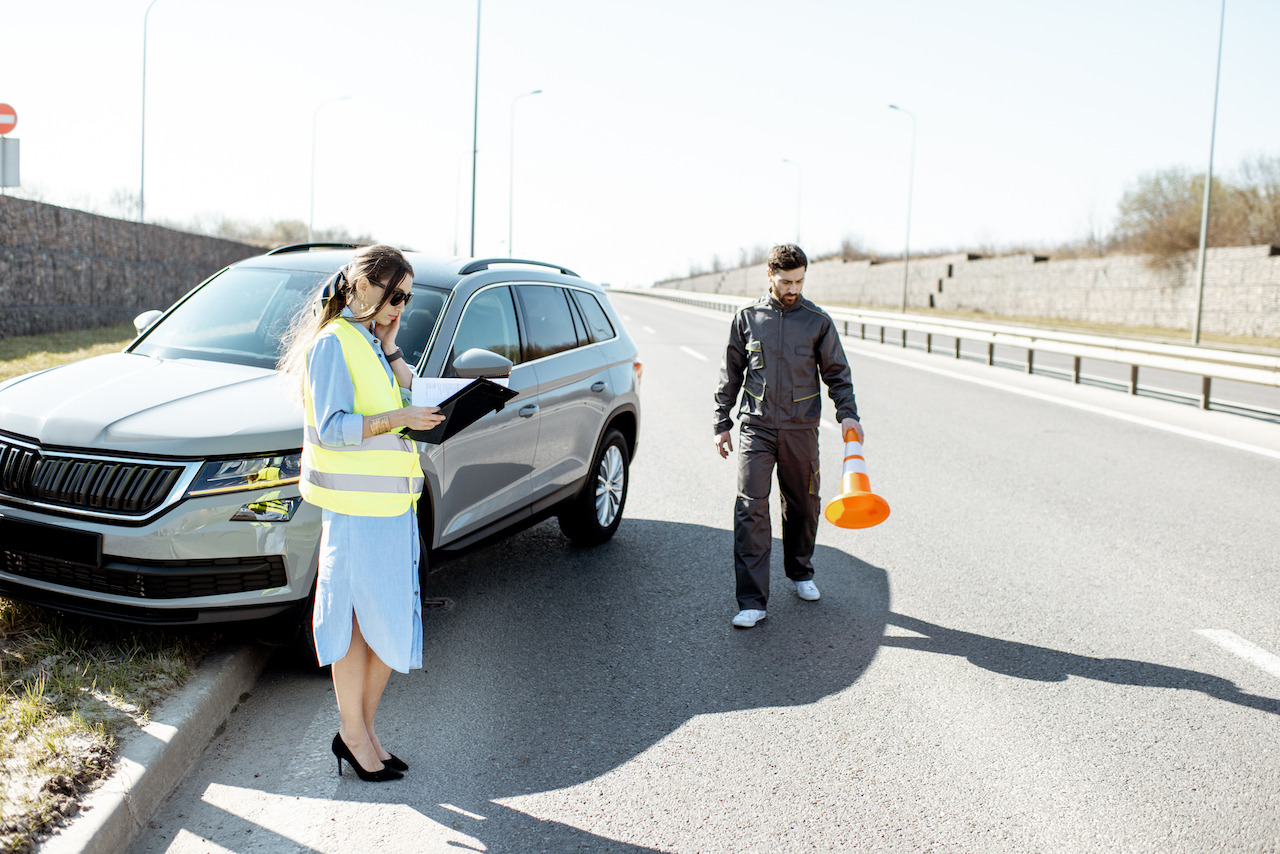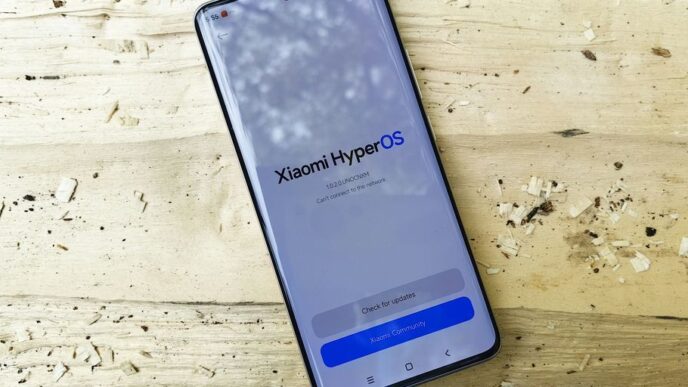No-fault insurance is a type of auto insurance coverage that allows drivers to recover financial losses from their own insurance company, regardless of who caused the accident. This means that if you are involved in a car accident, instead of filing a claim with the other driver’s insurance company, you would file a claim with your own.
This type of insurance was first introduced in the 1970s as a way to reduce the number of lawsuits and streamline the process of compensation for auto accidents. It was also seen as a more fair system, as it did not require drivers to prove who was at fault in order to receive compensation.
How No-Fault Insurance Works
In states with no-fault insurance laws, all drivers are required to have personal injury protection (PIP) coverage as part of their auto insurance policy. PIP covers medical expenses and lost wages for the policyholder, regardless of who caused the accident.
In the event of a car accident, each driver’s insurance company would cover their own medical expenses and lost wages up to a certain limit, instead of one party seeking compensation from the other driver’s insurance company. This helps speed up the process of compensation and reduces the need for lengthy court battles.
However, it’s important to note that no-fault insurance does not cover property damage or other non-medical expenses. These would still need to be addressed through traditional insurance claims or by filing a personal injury lawsuit against the at-fault driver.
When You May Need a Lawyer
While no-fault insurance can help simplify the process of seeking compensation after a car accident, there may still be times when you need to hire a lawyer. If your injuries are severe and exceed the limits of your PIP coverage, you may need to file a lawsuit against the other driver’s insurance company to seek additional compensation.
It’s also important to note that not all states have no-fault insurance laws. Some states follow a traditional “fault” system, where the at-fault driver’s insurance company is responsible for covering all damages. In these cases, you may need to hire a lawyer to help negotiate with the other driver’s insurance company or file a lawsuit.
Tips for Dealing with No-Fault Insurance
- Understand your state’s laws: It’s important to know whether your state has no-fault insurance laws or follows a traditional fault system. This will affect how you handle a car accident and seek compensation.
- Know your coverage limits: Make sure you understand the limits of your PIP coverage, as well as any optional coverages you may have added to your policy. If your injuries exceed these limits, you may need to hire a lawyer to seek additional compensation.
- Keep detailed records: If you do need to file a lawsuit, having detailed records of the accident, your injuries, and any related expenses can help strengthen your case.
- Consider consulting a lawyer: Even if your state has no-fault insurance laws, it may still be beneficial to consult with a lawyer after a car accident. They can advise you on the best course of action and help ensure you receive fair compensation for your injuries.
- Beware of insurance company tactics: Insurance companies may try to downplay the severity of your injuries or pressure you into accepting a low settlement. A lawyer can help protect your rights and advocate for your best interests.
- Seek medical attention: Even if you have no-fault insurance, it’s important to seek medical attention after a car accident. Some injuries may not present symptoms until days or weeks later, and seeking treatment can help ensure you receive proper compensation for any resulting medical expenses.
Overall, understanding no-fault insurance and knowing when you may need a lawyer can help protect your rights and ensure fair compensation in the event of a car accident. It’s always best to be informed and prepared, so take the time to review your state’s laws and insurance coverage before hitting the road. There may also be other types of insurance that you may need in order to have complete protection in case of an accident, such as collision coverage or uninsured/underinsured motorist coverage. It’s important to discuss these options with your insurance agent and determine what coverage is best for your individual needs.













